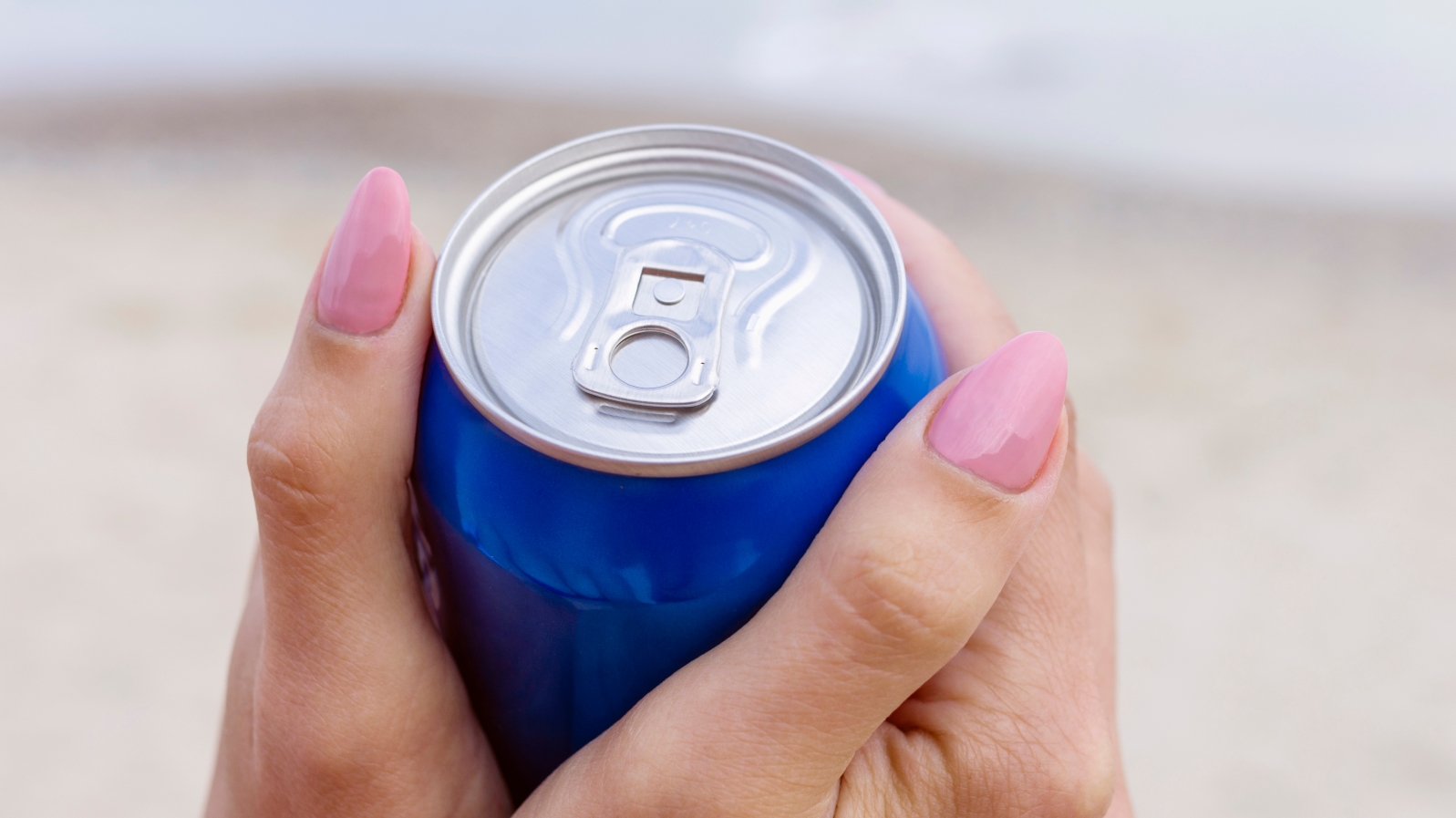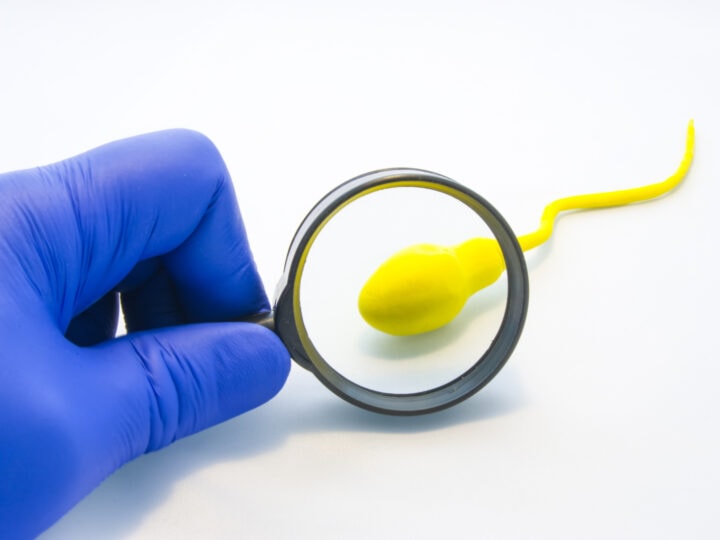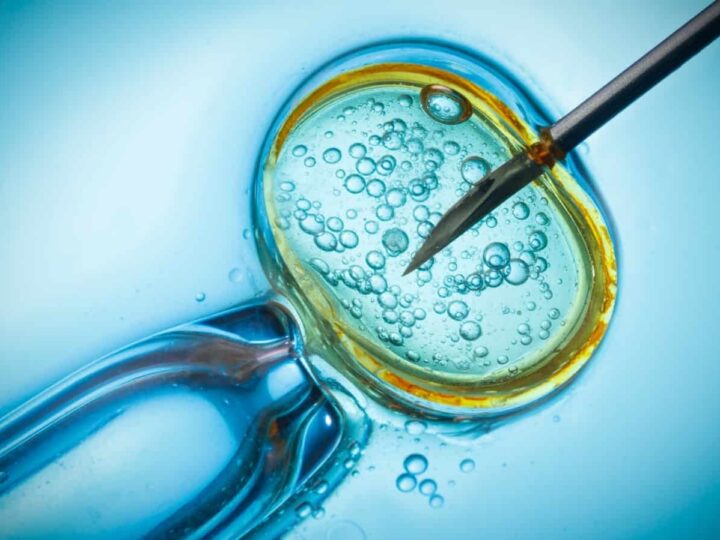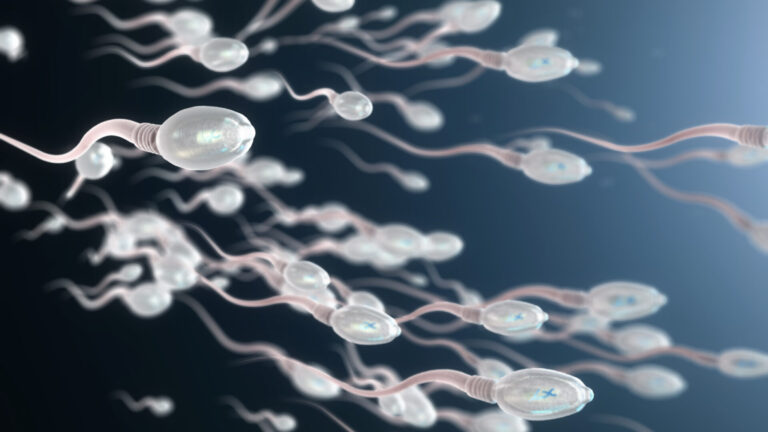Sugared beverages, whether caffeinated or not, may be a bigger threat to reproductive success in women undergoing in-vitro fertilization (IVF) treatment than caffeinated beverages without added sugar, according to Israeli research recently published in Fertility and Sterility, the journal of the American Society for Reproductive Medicine.
This was the finding of Dr. Ronit Machtinger, senior physician of the IVF Unit of Sheba Tel Hashomer Medical Center in Israel, in a study conducted with colleagues at Harvard Medical School in Boston and Columbia University in New York.
Given that overall success rates of IVF remain relatively low, Machtinger and her colleagues suspected that ingesting too much caffeine or sugar in beverages could be among factors affecting outcome.
“Most studies to date have evaluated the effects of caffeine, sugared sodas, and diet beverages either on time to conception or risk of fetal loss, and the results are still conflicting,” the researchers reported. “However, the effects of these beverages on intermediate IVF cycle outcomes (i.e., number of oocytes retrieved, oocyte maturation, fertilization, and day 3 embryo quality) as well as clinical IVF outcomes (positive beta-hCG, clinical pregnancy rates, spontaneous abortions, and live births) have been less well studied.”
From 2014 through 2016, the researchers analyzed associations between popular beverages (coffee, tea, hot chocolate, soda and energy drinks) and IVF outcomes based on 340 IVF patients’ self-reported beverage consumption and their medical records.
Machtinger expected to find caffeine to be the more significant factor in IVF failure. “Contrary to our hypothesis, however, intake of caffeine, coffee, specific caffeinated beverages, or diet sodas failed to show consistent associations with any of the outcomes examined,” she said.
“Regarding our initial hypotheses that caffeine and/or the increased glycemic impact of sugar in beverages might alter IVF outcomes, the one most supported by our data is the second one pertaining to sugar.”
Higher intake of sugared sodas and energy drinks sweetened with sucrose or high-fructose corn syrup was associated with lower total, mature and fertilized oocytes and top-quality embryos after ovarian stimulation, and with fewer cycles resulting in live birth.
Fighting for Israel's truth
We cover what makes life in Israel so special — it's people. A non-profit organization, ISRAEL21c's team of journalists are committed to telling stories that humanize Israelis and show their positive impact on our world. You can bring these stories to life by making a donation of $6/month.









